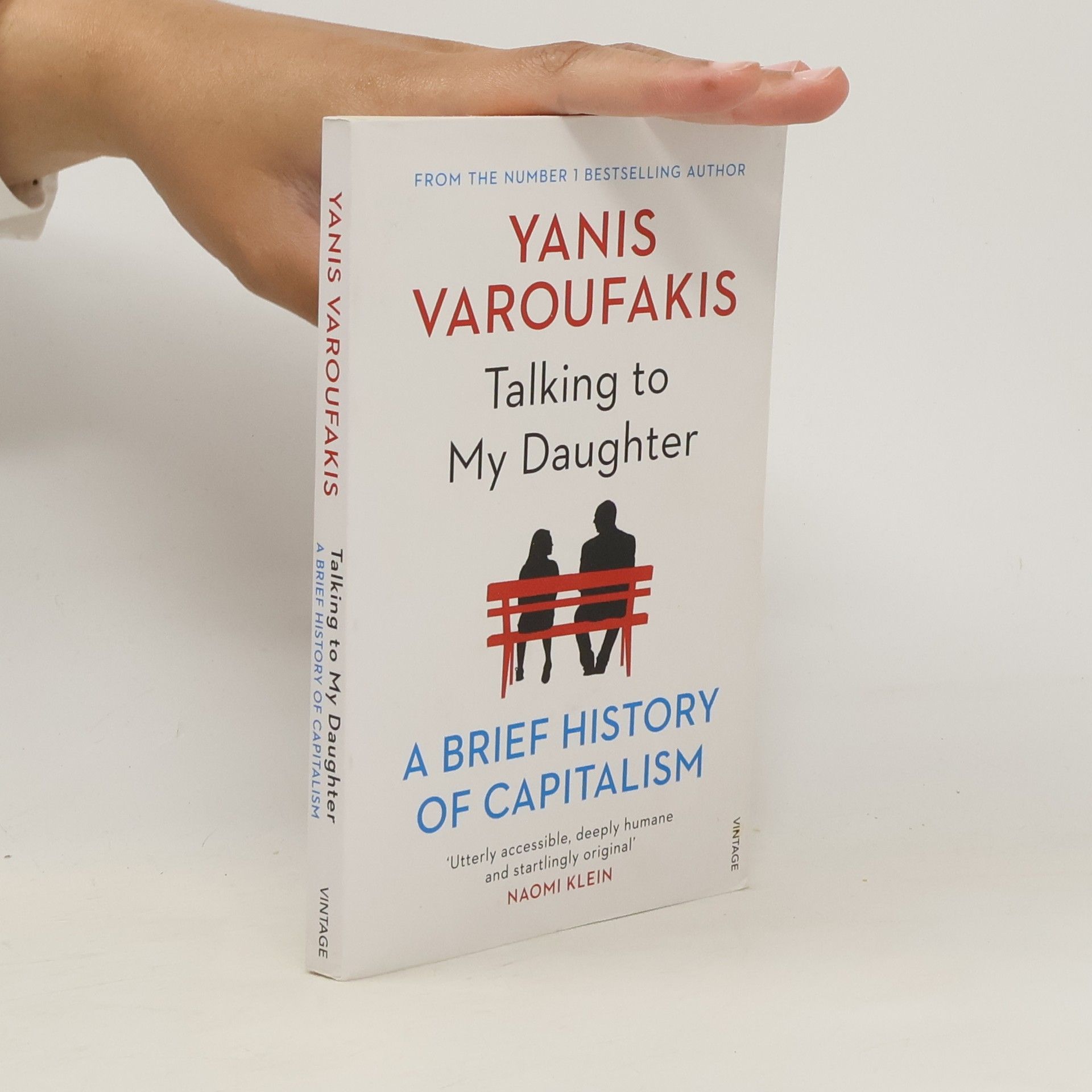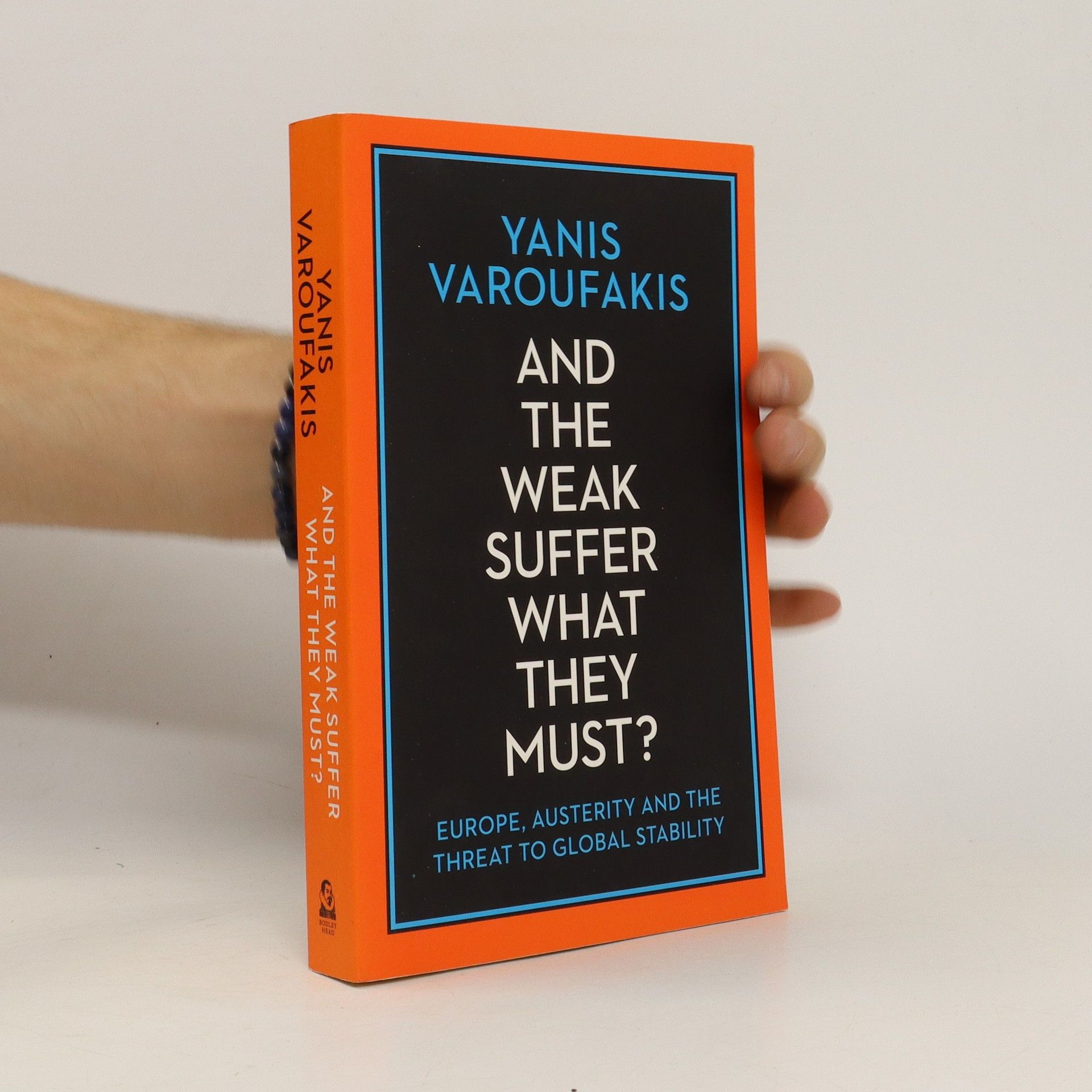Mezinárodně uznávaný řecký ekonom Yanis Varoufakis nabízí nekonvenční pohled na krizi, která vypukla v roce 2008 a přetrvává dodnes. Zkoumá historické kořeny a souvislosti této krize, včetně příčin krachu systému, který fungoval po desetiletí, a vyhlídky na ekonomické oživení. Varoufakis tvrdí, že běžně uváděné důvody, jako neoliberální ideologie a chamtivost, sice odrážejí realitu, ale neodhalují jádro problému. To spočívá v kolapsu globálního uspořádání, které vzniklo kolem roku 1971, jež autor přirovnává k mytické obludě Glogálnímu Minotaurovi. V období od padesátých do sedmdesátých let USA vytvářely zahraniční poptávku po svém exportu a pomáhaly rozvíjet ekonomiky svých bývalých nepřátel, jako jsou Německo a Japonsko. Když USA začaly ztrácet postavení tvůrce globálního přebytku, zvolily strategii záměrného zvyšování deficitů, což se stalo nástrojem posílení jejich hegemonie. Tyto deficity přitahovaly zahraniční kapitál a umožnily americkým spotřebitelům konzumovat zboží vyprodukované přebytkovými ekonomikami. Krize v roce 2008 nastala, když Globální Minotaurus, který zajišťoval stabilitu a růst, byl vážně zraněn. Jeho pád vedl k narušení globální ekonomiky a vyvolal radikální nejistotu a stagnaci. Bez nalezení způsobu, jak žít bez této obludy, hrozí pokračující nebezpečí a hrozby.
Janis Varufakis Knihy

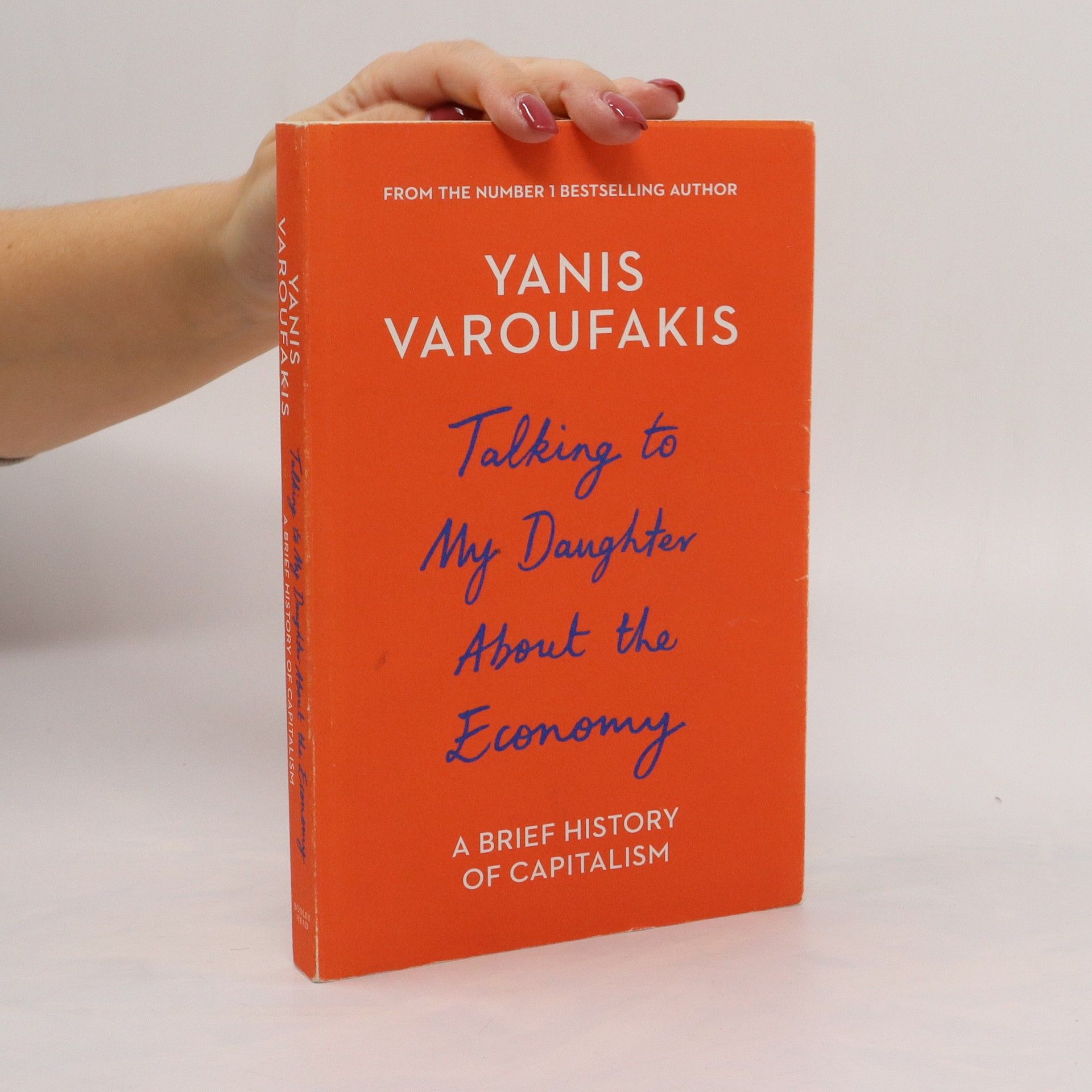



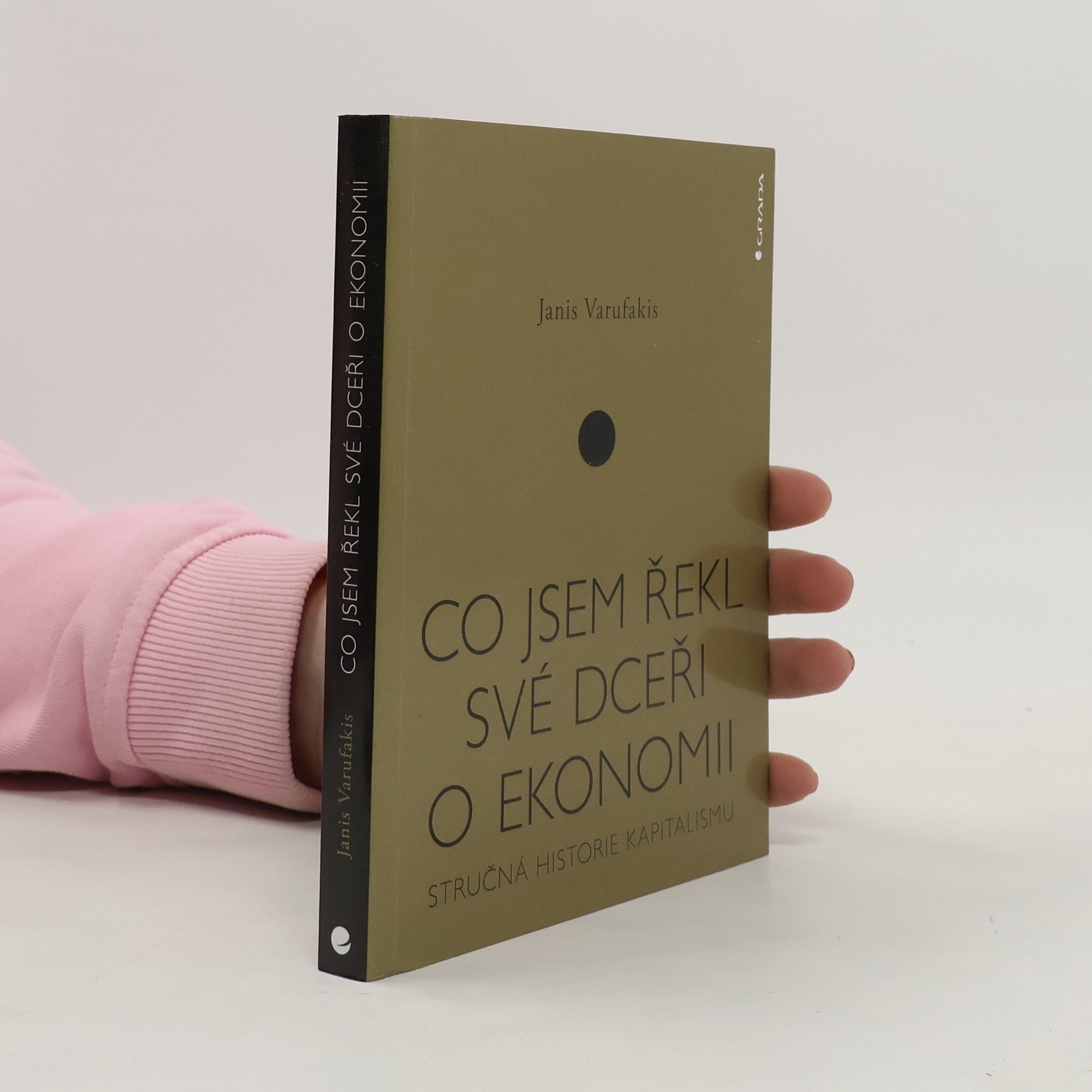
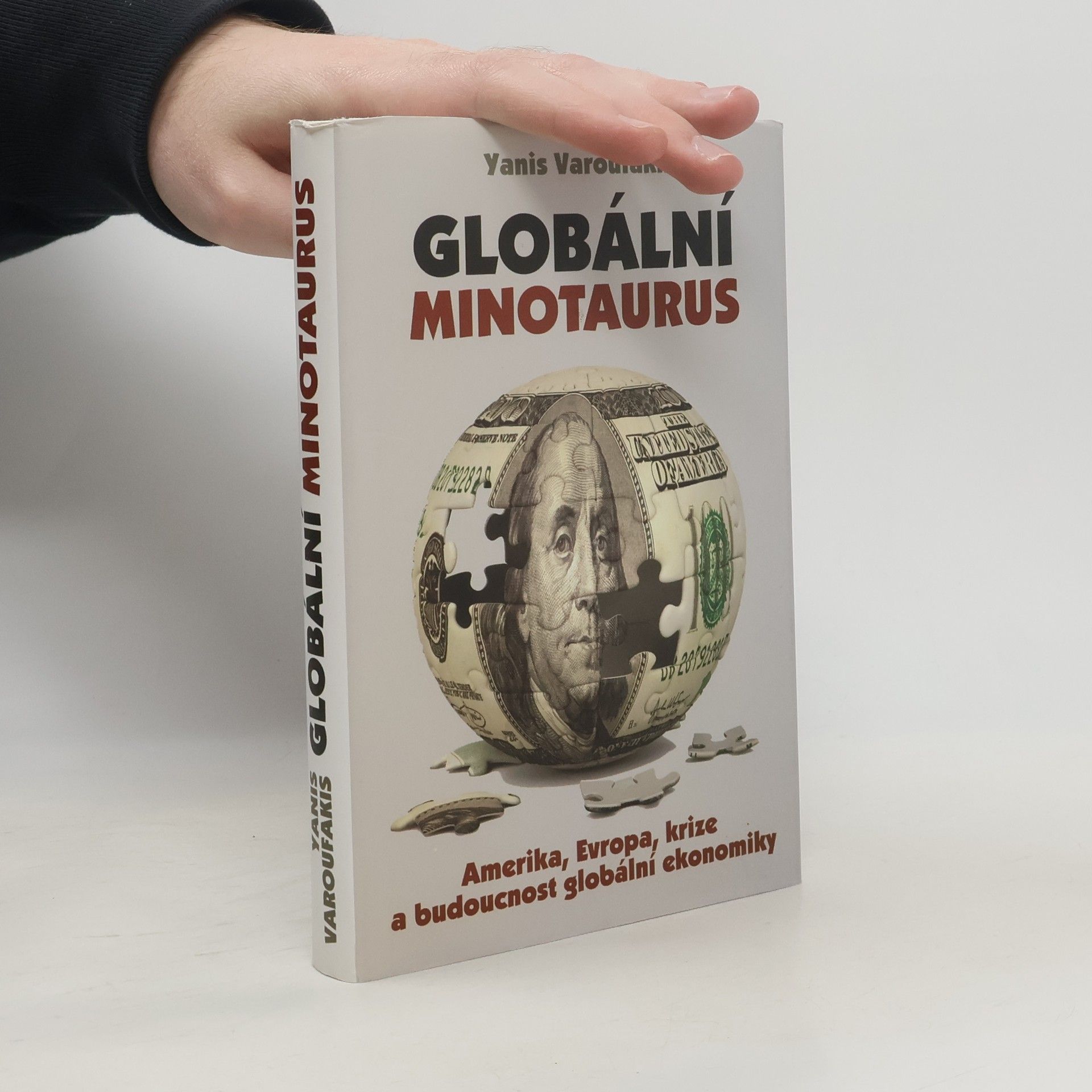
Stručná historie kapitalismu. Co se stane, když se profesor ekonomie, který je zároveň radikálním levicovým politikem, rozhodne své dospívající dceři vysvětlit, jak funguje ekonomika a svět kolem nás? Nečekejte žádné „ismy“, matematické vzorce ani šermování autoritami. Bude to nevšední čtení: setkáte se například s australskými domorodci, s reky Homérových eposů, Faustem a Mefistofelem, s Frankensteinem a Mary Shelleyovou, šamany afrického kmene Azandů, obyvateli německého tábora pro válečné zajatce a s hrdiny filmů Matrix a Blade Runner. A jen tak mimochodem se dozvíte, jak fungují peníze a zisk, jaký je mechanismus dluhu, odkud se bere nerovnost a chudoba, proč vznikají ekonomické krize – a ještě mnoho dalšího. Odborná erudice a celkový přehled se u Janise Varufakise pojí se svižným perem a jasnými názory – pro někoho provokativními, pro jiné inspirujícími. Jedno je ale jisté: tuto knihu přečtete jedním dechem! Pro české vydání napsal autor speciální předmluvu.
Technofeudalismus: Na co umřel kapitalismus
- 337 stránek
- 12 hodin čtení
Kapitalismus je mrtvý. Vítejte v technofeudalismu. Zatímco jsme byli příliš rozptýleni pandemií, nekonečnými finančními krizemi nebo vzestupem sociálních sítí, prosadil se nový, ještě více vykořisťující systém. Miliardy, které měly pomoci postavit ekonomiku na nohy, skončily u velkých technologických firem. Ve své nejodvážnější a nejzávažnější knize odhaluje vizionářský ekonom a autor mnoha bestsellerů Janis Varufakis, jak noví feudální vládci nahradili kapitalismus s jeho dvěma pilíři, trhem a ziskem, systémem, který si podrobuje naši mysl, znemožňuje demokracii a přepisuje pravidla globální moci. Pomocí příběhů z řeckých mýtů a popkultury, od Homéra po Mad Men, vysvětluje Varufakis tuto revoluční transformaci, ale také odhaluje, že technofeudalismus obsahuje nové možnosti, jak jej zvrátit a nahradit. Jasněji než kdy dřív vyzdvihuje potřebu revoluce, která nás osvobodí z digitálního vězení. Technofeudalismus je četba pro novou dějinnou éru.
Adults In The Room
- 576 stránek
- 21 hodin čtení
Varoufakis has written one of the greatest political memoirs of all time [and] one of the most accurate and detailed descriptions of modern power ever written Guardian
Challenging conventional narratives, the author argues that the Eurozone and global economic crises are symptoms of a deeper malaise rooted in historical events dating back to the Great Crash of 1929. He introduces the concept of a "Global Minotaur," representing an unsustainable and imbalanced economic system. Varoufakis emphasizes the need to restore rationality to the current irrational economic order, offering insights into the socio-economic events and hidden histories that have shaped contemporary challenges.
Talking to My Daughter about the Economy. A Brief History of Capitalism
- 224 stránek
- 8 hodin čtení
In this letter to his teenage daughter, one of the world's most famous economists uses vivid stories to explain what economics is and why it is so dangerous. What is money and why does debt exist? Where do wealth and inequality come from? How come economics has the power to shape and destroy our lives? Economics is not a technical science, it is an epic drama: a battleground of ideas, a war between the powerful for our allegiance. In this universally accessible book, Yanis Varoufakis describes how this drama first emerged and has since come to dominate the fate of human societies worldwide. In answering all of the big questions about money and debt, power and inequality, he shows how economics has sought to solve the problems of our world but ended up being a major cause of many of them. Drawing on history and literature, science fiction and personal memories, this intimate and inspiring book shines a light for readers of all ages on some of the most bewildering questions and important challenges that humanity faces.
The global minotaur : America, Europe and the future of the global economy
- 280 stránek
- 10 hodin čtení
'The emerging rock-star of Europe's anti-austerity uprising.' Daily Telegraph 'A spirited book.' New Yorker In this remarkable and provocative book, Yanis Varoufakis, former finance minister of Greece, explodes the myth that financialisation, ineffectual regulation of banks, greed and globalisation were the root causes of both the Eurozone crisis and the global economic crisis. Rather, they are symptoms of a much deeper malaise which can be traced all the way back to the Great Crash of 1929, then on through to the 1970s: the time when a Global Minotaur was born. Today's deepening crisis in Europe is just one of the inevitable symptoms of the weakening Minotaur; of a global system which is now as unsustainable as it is imbalanced. Going beyond this, Varoufakis reveals how we might reintroduce a modicum of reason into what has become a perniciously irrational economic order. An essential account of the socio-economic events and hidden histories that have shaped the world as we now know it.
Talking to my daughter : a brief history of capitalism
- 224 stránek
- 8 hodin čtení
'Why is there so much inequality?' Xenia asks her father, the world famous economist Yanis Varoufakis. Drawing on memories of her childhood and a variety of well-known tales - from Oedipus and Faust to Frankenstein and The Matrix - Varoufakis explains everything you need to know in order to understand why economics is the most important drama of our times. In answering his daughter's deceptively simple questions, Varoufakis disentangles our troubling world with remarkable clarity, while inspiring us to make it a better one.
And the weak suffer what they must?
- 318 stránek
- 12 hodin čtení
The crisis in Europe is not over - it's getting worse. In this narrative of Europe's economic rise and spectacular fall, the author, former finance minister of Greece, shows that the origins of the recent collapse go far deeper than our leaders are prepared to admit - and that we have done nothing so far to fix them.
The book critiques the shift from traditional capitalism to a new system termed technofeudalism, where big tech companies dominate through platforms and rents rather than markets and profits. It argues that users unwittingly contribute to this power dynamic with their online interactions, likening their role to that of serfs. The exploration delves into the implications of this transformation for society and individual autonomy, raising questions about the future of economic structures in the digital age.

